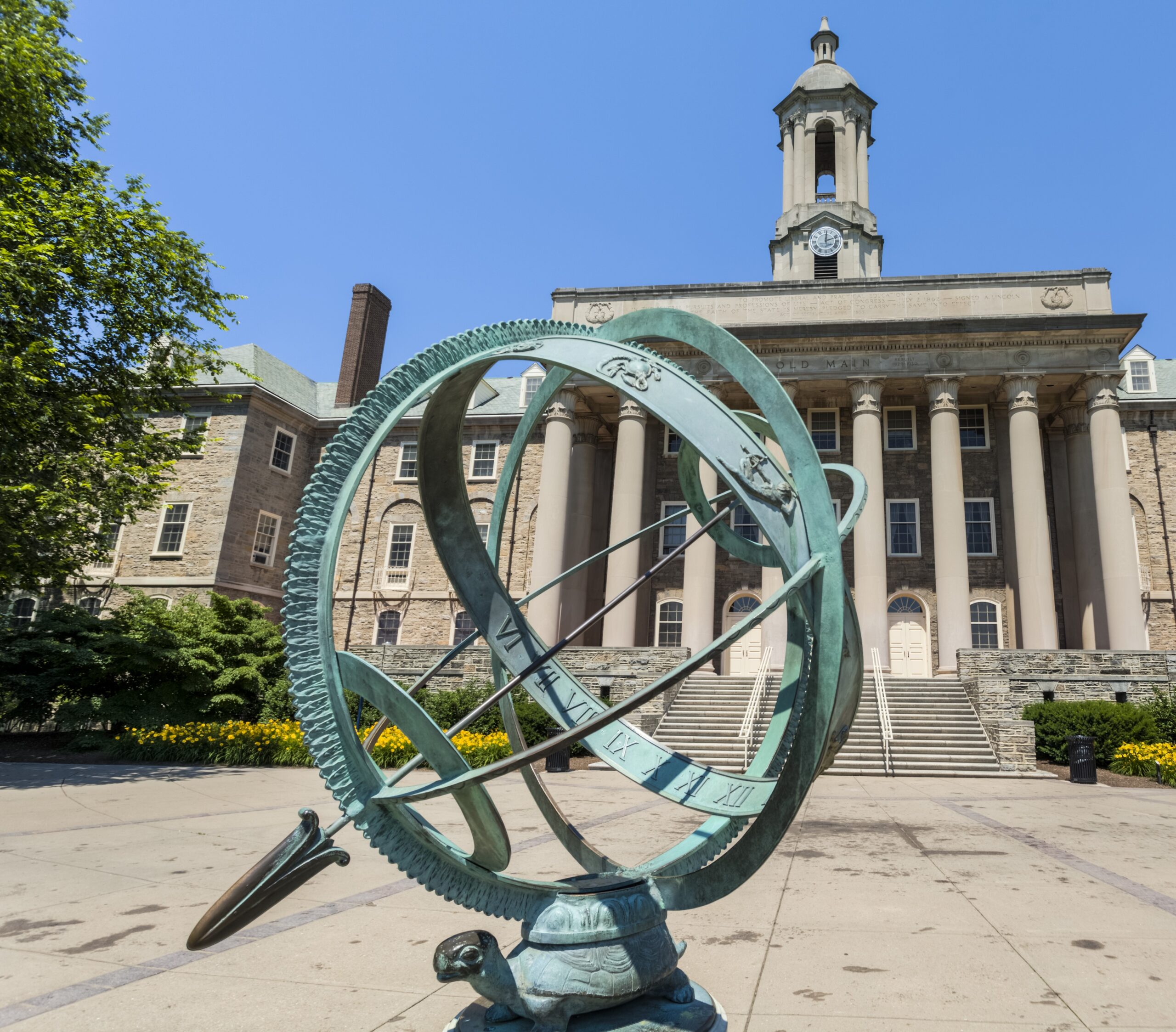Survey

Students & Parents | Freedom of Expression
Campus Experience Survey: An Assessment of Pennsylvania State University Students
October 23, 2024 Download PDF
Introduction
Penn State says that it seeks to “create an environment where [students] will encounter a broad spectrum of ideas that stimulate critical thinking and enrich [their] education.” However, the following report from the American Council of Trustees and Alumni (ACTA) and College Pulse shows that Penn State is not living up to this promise.
Our survey, based on the responses of 2,032 undergraduate students collected during the summer of 2024, found alarming rates of self-censorship among Penn State students and widespread intolerance of opposing views. Such problems grow worse the longer students stay at Penn State, as our class-year breakdown reveals. There is also a serious ideological division in the student experience on campus. Conservative students self-censor more frequently than liberal students, and viewpoint intolerance is much more common among liberal students compared to conservative students. Students also report a lack of viewpoint diversity among the faculty. As a result, students are not regularly hearing the full range of political views common in contemporary American society. Despite these problems, students report almost no effort on the part of the university to train them in free expression policies. These survey results demonstrate that Penn State has serious free expression and viewpoint diversity deficiencies that it must address if it hopes to cultivate an environment that advances deep learning, innovative scholarship, and free discourse.
Next Steps
Penn State students, faculty, administrators, and trustees should carefully consider the findings in this report. University leadership must take action to cultivate a campus culture that honors and promotes free expression and viewpoint diversity. The best place to begin this crucial work is by reviewing and adopting ACTA’s Gold Standard for Freedom of ExpressionTM, which provides 20 specific policies and practices that Penn State can implement to protect and promote the broad spectrum of ideas that so enrich student learning and benefit our society.
WHO WE ARE
Launched in 1995, we are the only organization that works with alumni, donors, trustees, and education leaders across the United States to support liberal arts education, uphold high academic standards, safeguard the free exchange of ideas on campus, and ensure that the next generation receives an intellectually rich, high-quality college education at an affordable price.
Discover MoreSTAY INFORMED
Sign up to receive updates on the most pressing issues facing our college campuses.